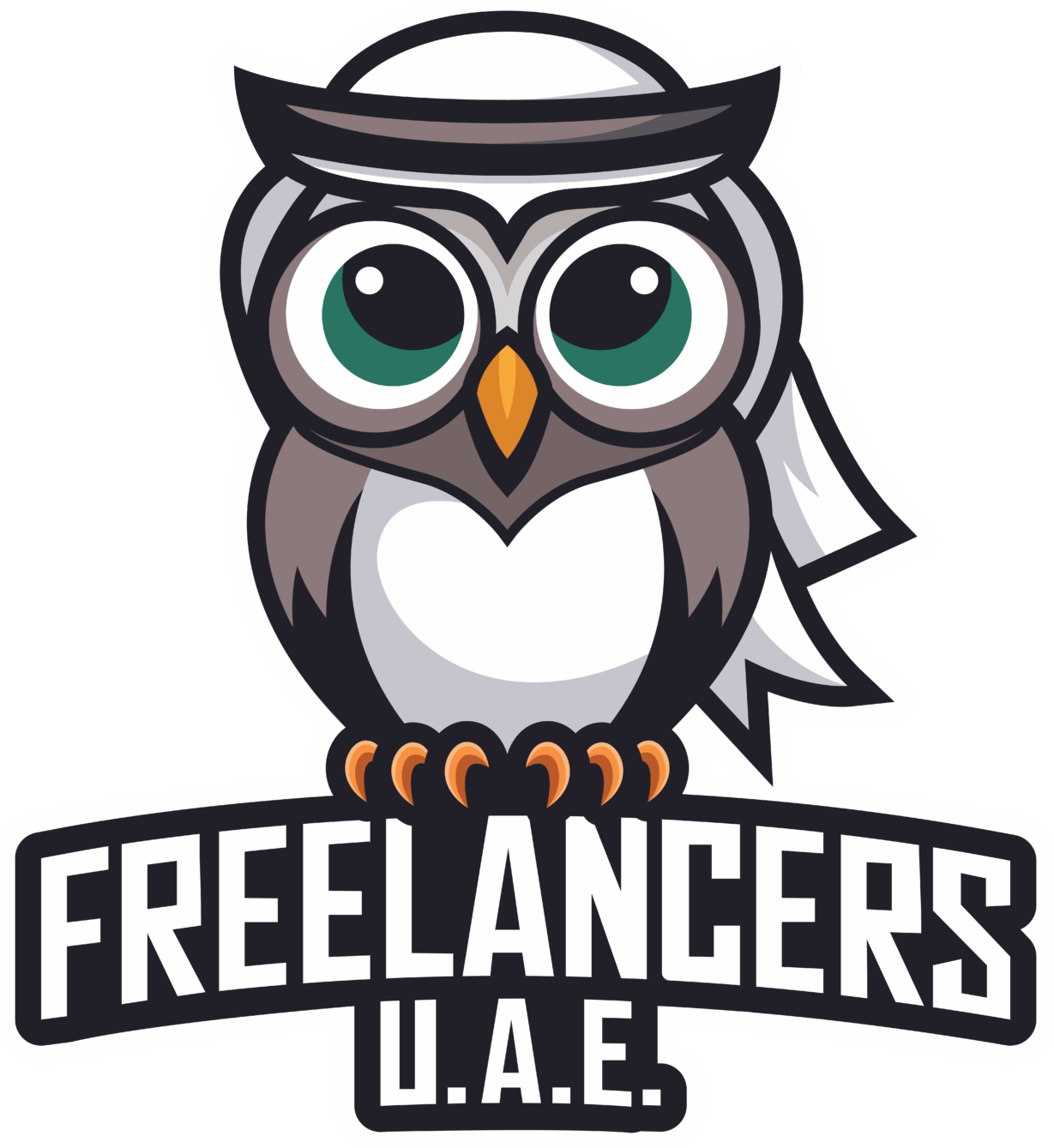? Introduction
In 2025, the tech industry continues to evolve rapidly, and web development remains a cornerstone of the digital economy. Whether you’re just starting or considering a career pivot, one major decision awaits: Freelance Web Development or agency work?
Both paths offer distinct benefits and challenges. Freelancers enjoy autonomy and control, while agencies provide structure and stability. But which path is right for you in today’s hyper-connected and innovation-driven world?
This comprehensive guide breaks down the key differences between Freelance Web Development and working with an agency, analyzing aspects such as flexibility, income, learning curve, lifestyle, and long-term potential.
1️⃣ ⚙️ What Is Freelance Web Development?
Freelance Web Development means working independently—typically on a project or contract basis—for various clients. You’re your boss, managing everything from marketing to client meetings, coding, and invoicing.
Key Characteristics:
- Self-employed, often without a fixed employer
- Flexible hours and project choices
- Income varies based on workload
Freelancing can be done full-time or as a side hustle, and it has exploded in popularity due to platforms like Upwork, Toptal, and Fiverr.

2️⃣ ? What Does Agency Work Look Like?
Agency work involves being part of a structured team within a company that provides web development services to clients.
Key Characteristics:
- Fixed salary and predictable work hours
- Team collaborations with designers, marketers, and project managers
- Career progression and employee benefits
Agencies typically follow Agile or Scrum methodologies, delivering services to high-profile clients or businesses.
3️⃣ ? Freedom vs. Structure
Freelance Web Development offers unmatched freedom:
- Choose your clients
- Set your schedule
- Work from anywhere
In contrast, agency work provides a more rigid structure:
- Set deadlines
- Team coordination
- Office hours (or hybrid setup)
Your preference depends on whether you thrive in self-discipline or structured environments.
4️⃣ ? Income Potential and Earnings Stability
With Freelance Web Development, you have:
- Unlimited earning potential
- Higher hourly/project rates
- Inconsistent income streams
Agency developers often get:
- Monthly salary
- Bonuses
- Predictable income
Freelancers can earn more with experience and a strong client base, but must also manage dry spells.

5️⃣ ? Learning Curve & Skill Development
Freelance Web Development forces you to wear multiple hats:
- Coding
- Project management
- Communication
- Business strategy
Agency developers:
- Focus on specific roles
- Learn from peers
- Get access to internal training
Freelancers may grow faster overall, but agencies offer structured mentorship.
6️⃣ ?? Types of Projects
Freelance Web Development projects often include:
- Small business websites
- E-commerce stores
- Landing pages
- Custom apps
Agencies tackle:
- Enterprise-scale platforms
- Long-term SaaS solutions
- Complex integrations
Freelancers get variety, while agencies handle scale and prestige.
7️⃣ ?️ Time Management and Workload
Time is your biggest asset. Freelance Web Development lets you:
- Optimize your day
- Take breaks when needed
- Accept or decline work
Agency schedules:
- Are predefined
- Include meetings and reviews
- May feel repetitive
Freelancers must also juggle multiple deadlines.
8️⃣ ? Client Communication
Freelance Web Development involves:
- Direct client interaction
- Negotiation
- Scope management
Agency developers typically:
- Communicate via the project managers
- Focus on implementation
- Avoid contract/legal matters
Freelancers need stronger soft skills to succeed.

9️⃣ ? Business and Admin Responsibilities
Freelancers handle:
- Invoicing and taxes
- Contracts and proposals
- Portfolio updates
Agency developers:
- Don’t worry about overheads
- Have HR and finance teams
Freelance Web Development includes business ownership aspects.
? ? Work-Life Balance
Freelance Web Development can offer great work-life balance… if managed well:
- You set boundaries
- You avoid burnout
- You take holidays on your terms
Agencies:
- Offer PTO and sick leave
- May involve overtime during peak times
Freelancers must be proactive in managing downtime.
1️⃣1️⃣ ? Location Independence
One major perk of Freelance Web Development is the ability to:
- Travel while working
- Avoid commuting
- Work from cafes, co-working spaces, or at home
Agencies may:
- Offer remote or hybrid models
- Require occasional office presence
Digital nomads prefer freelance flexibility.
1️⃣2️⃣ ? Job Security and Risk
Freelancers:
- Have no guaranteed income
- Depending on client flow
- They are vulnerable to economic shifts
Agencies:
- Offer contracts and benefits
- Provide job security
- Have legal protections
Freelance Web Development is riskier but potentially more rewarding.

1️⃣3️⃣ ? Portfolio Building
Freelancers:
- Choose projects that build niche expertise
- Control how work is presented
- Brand themselves individually
Agencies:
- Handle high-profile projects
- May restrict portfolio usage due to NDAs
Freelance Web Development allows full creative control over your brand.
1️⃣4️⃣ ? Personal Branding and Marketing
Marketing is essential for Freelance Web Development:
- Build a personal website
- Grow a social media presence
- Engage on platforms like LinkedIn, GitHub
Agencies manage the brand; developers often remain behind the scenes.
1️⃣5️⃣ ? Career Growth & Future Outlook
Freelance Web Development offers:
- Business ownership opportunities
- Passive income (via courses or products)
- Skill diversification
Agencies offer:
- Leadership tracks
- Long-term roles
- Team collaboration
Freelancers can scale their services or become agency founders themselves.
? Conclusion
So, Freelance Web Development or agency work—which is better in 2025?
The answer depends on your goals:
- Want flexibility and control? Go freelance.
- Prefer stability and teamwork? Stick with an agency.
Freelance Web Development offers independence, creative freedom, and the chance to earn more, but it requires business savvy and resilience. Agencies provide structure, growth potential within teams, and predictability—ideal for those who thrive in collaborative environments.
No matter the path, web development is a dynamic, high-demand career. Many developers even try both before settling on what suits them best. Hybrid models (e.g., part-time freelance) are also rising in popularity.
Ultimately, whether you’re drawn to the entrepreneurial spirit of Freelance Web Development or the collaborative energy of agency life, 2025 is full of opportunities to code your future.
? External Links
- Upwork – Freelance Platform
- Toptal – Hire Freelance Developers
- Glassdoor – Web Developer Salaries
- Scrimba – Learn Web Development
- LinkedIn – Web Development Jobs
Also Read: Mastering Freelance Graphics Designer Success in 2025: Proven Trends, Powerful Tools & Tips


2 thoughts on “Freelance Web Development vs Agency Work: Which Is Better in 2025?”